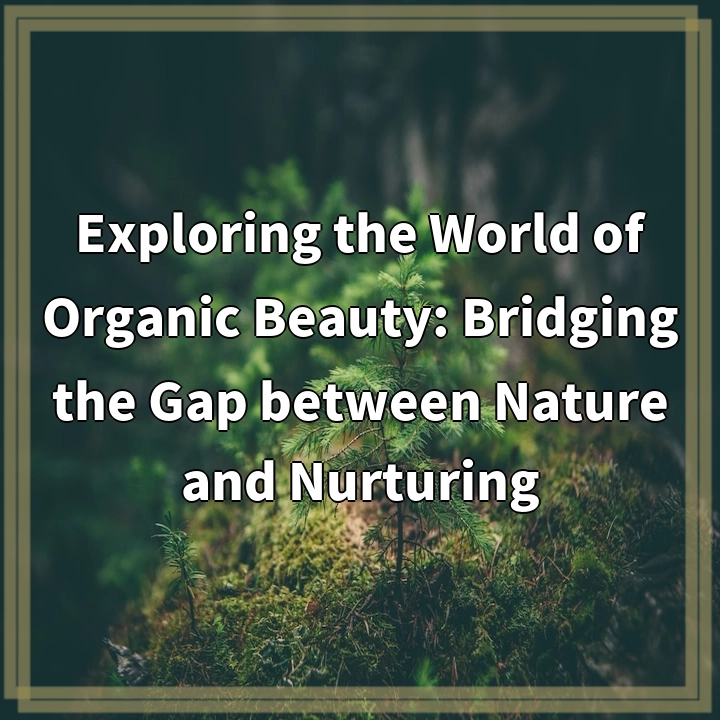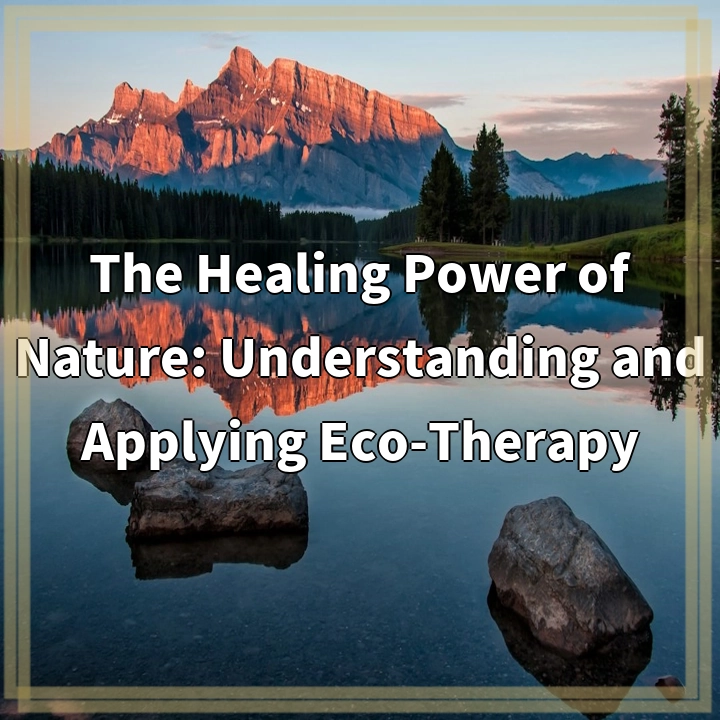
What it is:
The world of organic beauty is a growing movement that focuses on creating skincare, makeup, and haircare products using natural and organic ingredients. Unlike conventional beauty products that often contain harsh chemicals and synthetic additives, organic beauty products aim to prioritize the use of ingredients derived from plants, minerals, and other naturally occurring substances.
Organic beauty products are not only free from potentially harmful ingredients but also often produced in an environmentally sustainable and cruelty-free manner. Many organic beauty brands also strive to use packaging that is recyclable or made from recycled materials, further reducing their impact on the environment.
By opting for organic beauty products, consumers can make a conscious choice to support their own well-being and the health of the planet, while still enjoying the benefits of effective and high-quality skincare and beauty solutions.
Real-World Problems:
While the organic beauty industry has gained significant popularity and attention in recent years, it still faces several challenges and real-world problems.
1. Lack of Regulation: Unlike the food industry, the beauty industry is not as strictly regulated. This means that there is no universal standard for what qualifies as “organic” or “natural” when it comes to beauty products. Some brands may use misleading marketing tactics, making it difficult for consumers to navigate and distinguish truly organic products from those that are not.
2. Greenwashing: Greenwashing refers to the practice of companies exaggerating or misleading consumers about the environmental benefits of their products or practices. Some brands may claim to be organic or environmentally friendly when, in reality, only a few of their ingredients meet these criteria. This makes it essential for consumers to do thorough research and look for certifications or third-party verifications to ensure the authenticity of organic beauty products.
3. Cost and Accessibility: Organic beauty products, due to their higher quality ingredients and sustainable production practices, can sometimes come with a higher price tag compared to conventional beauty products. This can make them less accessible to budget-conscious consumers. Additionally, access to organic beauty products may be limited in some regions, making it challenging for everyone to embrace this beauty trend.
4. Limited Range of Products: While the range of organic beauty products has been expanding, it may still be relatively limited compared to traditional beauty products. Consumers may find it difficult to find organic alternatives for specific beauty needs or preferences, which can limit their options.
Despite these challenges, the growing demand for organic beauty products has been encouraging brands to innovate and improve their formulations, as well as work towards greater transparency and sustainability in their practices. It is an exciting industry that holds tremendous potential for positive change in the beauty world.

Solutions to Real-World Problems in Organic Beauty:
There are several solutions and steps that can be taken to address the real-world problems associated with the organic beauty industry. By implementing these solutions, we can create a more transparent and sustainable environment for organic beauty products.
1. Standardized Regulations: Advocate for stronger regulations and standards within the beauty industry to define what qualifies as “organic” or “natural.” This will help consumers make informed choices and prevent misleading marketing tactics.
2. Education and Awareness: Educate consumers about the importance of reading product labels, understanding certifications, and recognizing greenwashing. Empower them to make informed decisions and support brands with transparent practices.
3. Certification and Third-Party Verification: Look for products that have obtained recognized certifications such as USDA Organic, COSMOS, or Ecocert. These certifications ensure that the products meet specific organic and sustainable criteria.
4. Supporting Ethical and Transparent Brands: Research and support brands that are committed to sustainable sourcing, ethical production, and transparent ingredient disclosure. This encourages and rewards brands that go above and beyond in their commitment to organic and natural beauty.
5. Demand and Market Growth: As consumers, we have the power to shape the market. By increasing the demand for organic beauty products, we incentivize brands to expand their offerings, make pricing more competitive, and improve accessibility.
6. Collaboration and Advocacy: Engage with like-minded individuals, organizations, and influencers to create a community that advocates for organic beauty. This collective effort can raise awareness, drive change, and encourage positive actions in the industry.
By actively participating in these solutions, we can foster a thriving organic beauty industry that provides safe, effective, and sustainable alternatives to conventional beauty products.















